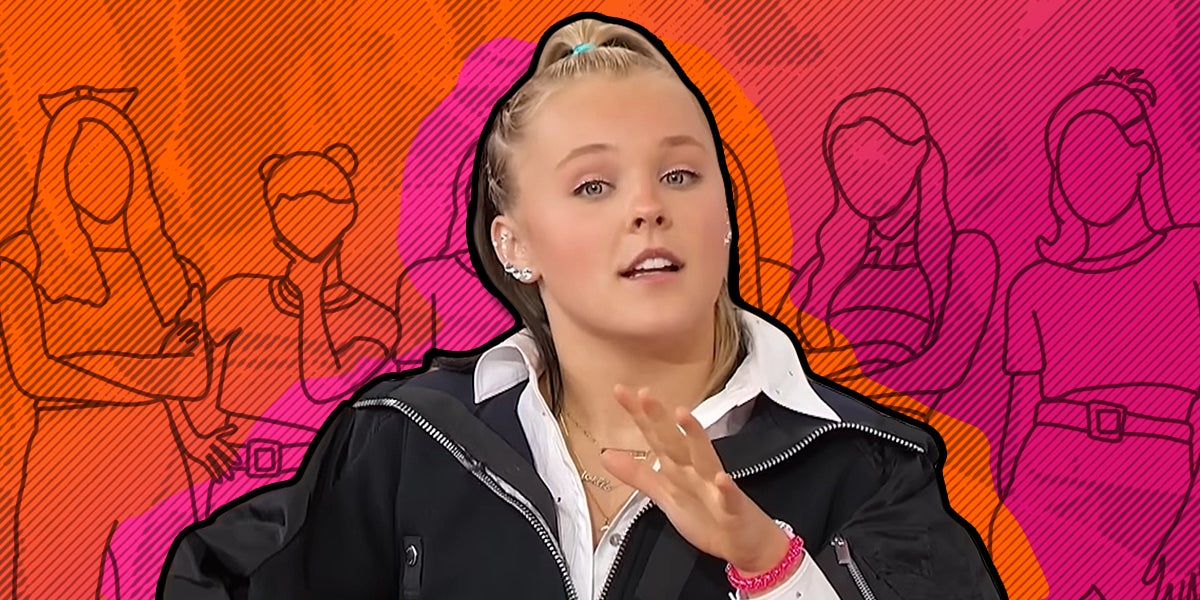
On Feb. 13, a former child member of the girl group XOMG Pop! went public with allegations of mistreatment by influencer JoJo Siwa and her mother and manager, Jessalynn. Others have come forward with their stories of what it was like to be a part of the group. These allegations come amid a growing movement against poor child labor conditions in the age of social media.
The girl group XOMG Pop! included members aged 8 to 14. It formed as part of the TV show “Siwas Dance Pop Revolution.”
JoJo Siwa spearheaded the XOMG Pop! group alongside her mother, Jessalynn. Siwa is a creator with over 45 million followers on TikTok. She is also a former child star known for her time on the reality TV series “Dance Moms.”
The XOMG Pop! group accumulated more than 15 million followers on social media. Member Leigha Sanderson and her mother, Anjie Sanderson, made a number of explosive claims about the group’s working conditions in a recent interview with Rolling Stone.
The Sandersons allege that participants of the show were often pitted against one another. They also allege they had an intense work schedule and were often at the receiving end of insults by JoJo and Jessalyn.
Specifically, Anjie and Leigha also claim that they never received payment for social media content. They allege the treatment got worse after she became a full-time member of the girl group.
Along with being pressured to return to rehearsals before physicians advised her to, Leigha, who has spina bifida, recalls one occasion where she was bleeding out of her belly button and was told to put a maxi pad on to protect the costume.
While some members of the XOMG Pop! group gave positive statements to the Rolling Stone, numerous others went on the record anonymously to corroborate Leigha and Anjie’s claims of mistreatment.
The anonymous sources claimed that producers would often try to make contestants on the show cry, although a representative for the Siwas vehemently denied this along with all the other allegations made against them.
Hollywood’s Coogan Laws governing the working conditions of child performers cover some contracted work in the entertainment industry in a handful of states. But, they notably have not evolved alongside the rapidly changing social media landscape.
Some of the contracted television and music work done with XOMG Pop! falls under the Coogan Laws. However, the Sandersons allege that a lot of the social media work Leigha did, which the Coogan Laws do not cover, was unpaid and came along with challenging working conditions.
These allegations come at a troubling time for child labor in the creator economy. Up until last year, there were no child labor laws protecting underage content creators in the United States. At the time of writing, there are only two state-wide child labor laws for content creators in Illinois and California.
Stories like these may well contribute to the tipping point needed to pass more creator child labor laws on a state or national level.




